As part of June’s Pride Month, we’re taking a look at some of the most notable contributions and inventions from the LGBTQ+ community. In celebration of these lives and achievements, here are six LGBTQ+ figures who have helped change the world.
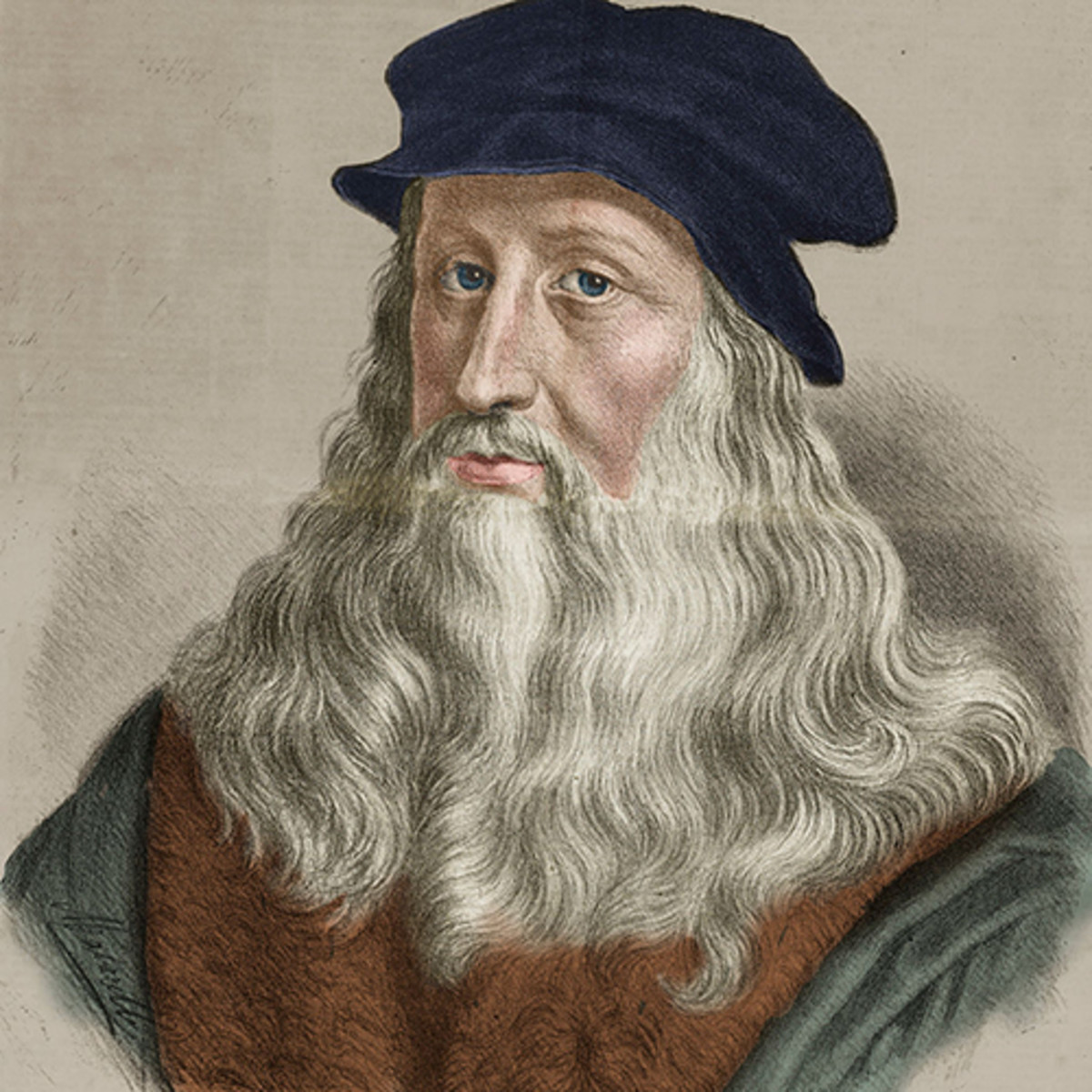
Leonardo da Vinci
Leonardo di ser Piero da Vinci, known as Leonardo da Vinci, was a Renaissance painter, sculptor, architect, inventor, military engineer, and draftsman — the epitome of a true Renaissance man. Gifted with a curious mind and a brilliant intellect, da Vinci studied the laws of science and nature, which greatly informed his work. His drawings, paintings, and other works have influenced countless artists and engineers over the centuries.
da Vinci’s interest in flight gave him the idea of creating the first design of the parachute. His foundation included a wooden pyramid structure draped with a piece of cloth, which would slow down a person’s terminal velocity as they fell. His design was later used to patent the first modern-day parachute in 1783. Many of his inventions, including the parachute, became foundations for later inventions throughout American history.
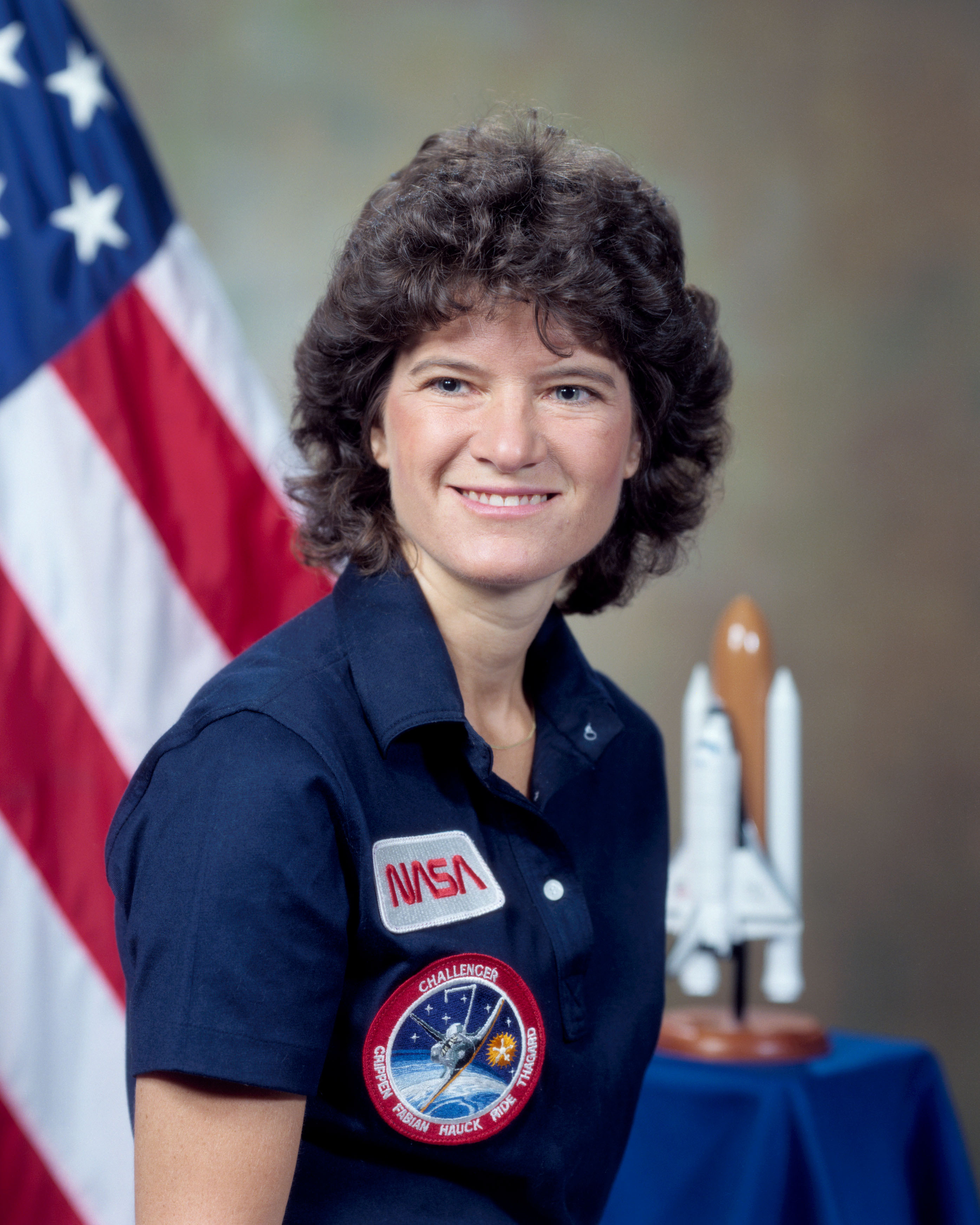
Sally Ride
In 1983, astronaut and astrophysicist, Sally Ride, joined the Challenger space shuttle mission and became the first American woman in space. As a mission specialist, she helped deploy satellites and worked on other projects.
After NASA, Ride became the director of the California Space Institute at the University of California, San Diego, as well as a professor of physics at the school in 1989. In 2001, she started her own company to create educational programs and products known as Sally Ride Science to help inspire girls and young women to pursue their interests in science and math. For her contributions to the field of science and space exploration, Ride received many honors and was inducted into the National Women’s Hall of Fame and the Astronaut Hall of Fame.
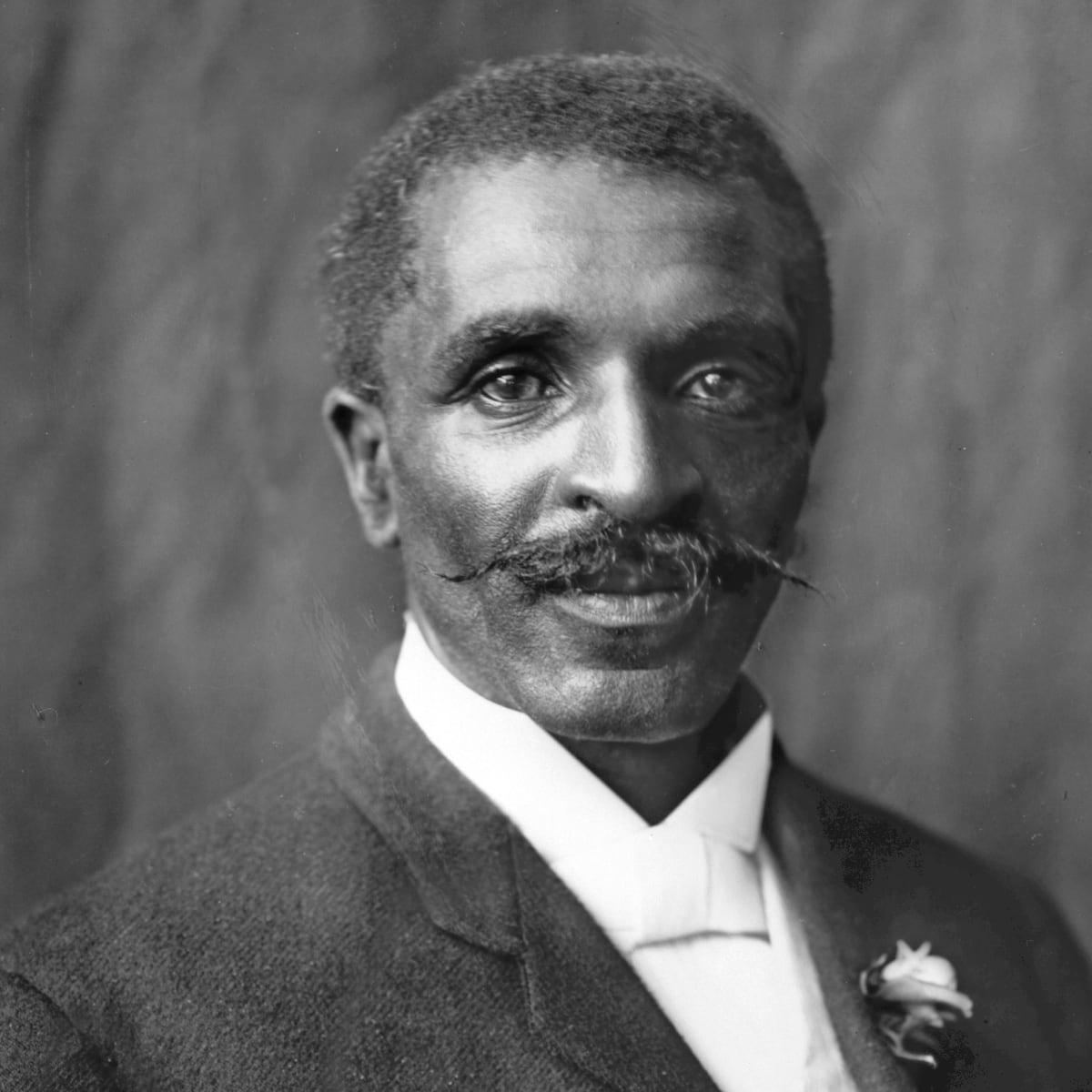
George Washington Carver
George Washington Carver was an agricultural scientist and inventor who developed hundreds of products using peanuts, sweet potatoes, and soybeans. Born a slave a year before slavery was outlawed, Carver left his home to pursue his education. In 1894, Carver became the first African American to earn a Bachelor of Science degree.
Carver had success in the laboratory and the community. In addition to his work with crops, Carver taught farmers about different crop rotation techniques and how to enrich and restore their soil. However, his biggest success came from peanuts. He developed more than 300 food, industrial, and commercial products from peanuts, including cosmetics, soaps, and cooking oils. To commemorate his accomplishments, Carver was inducted into the National Inventors Hall of Fame.
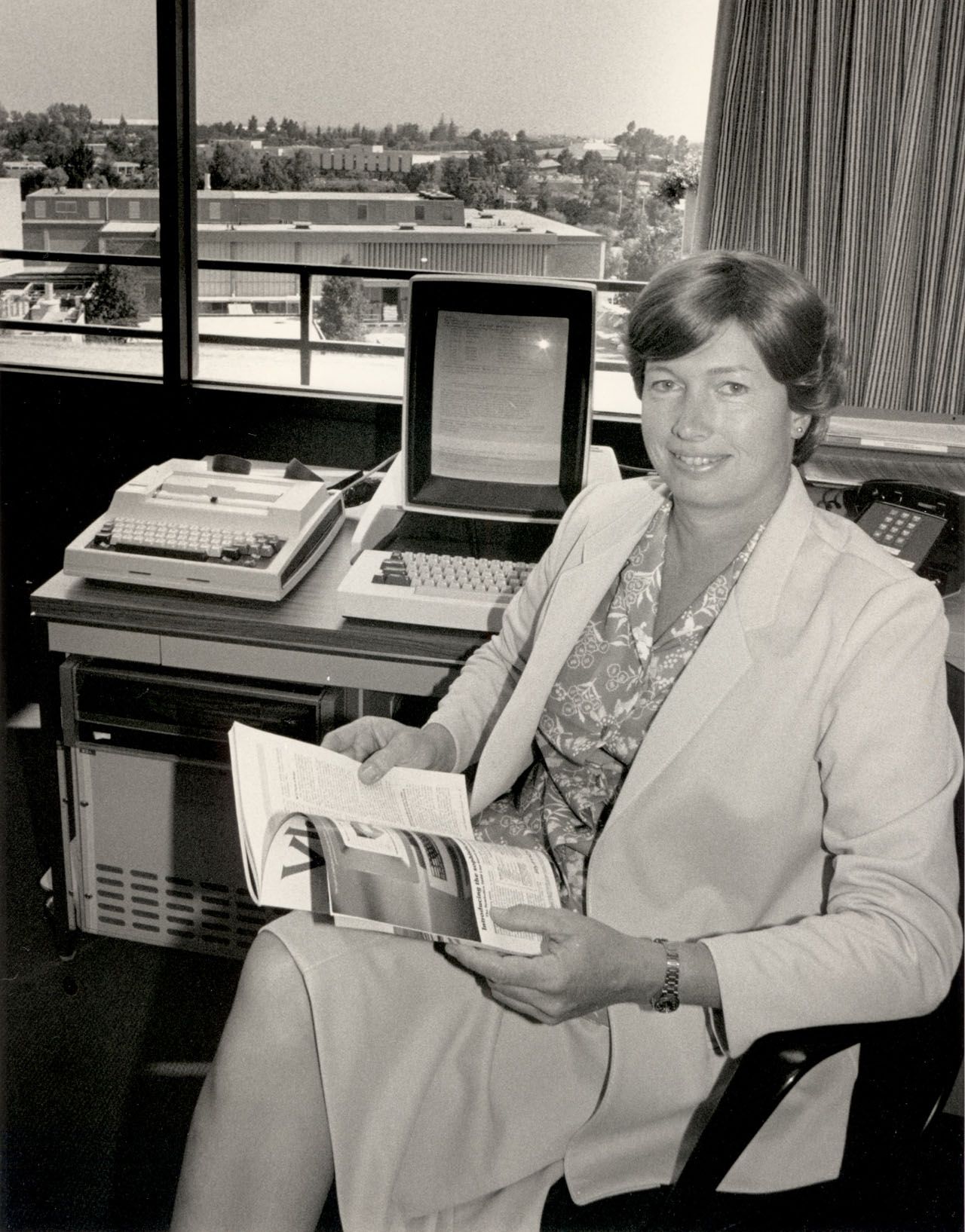
Lynn Conway
Lynn Conway is an American Computer Scientist and is credited with the invention of generalized dynamic instruction handling, a key advance used to improve the computer’s performance. Additionally, she invented a dimensionless design that greatly simplified the computer chip design and design tools. As she continued her career, Conway became the Associate Dean of Engineering at the University of Michigan and is a member of the National Academy of Engineering.
Beyond her inventions and teaching, Conway gradually created a transgender advocacy website. Translated into many languages, her site has become a beacon of hope for the LGBTQ+ community.
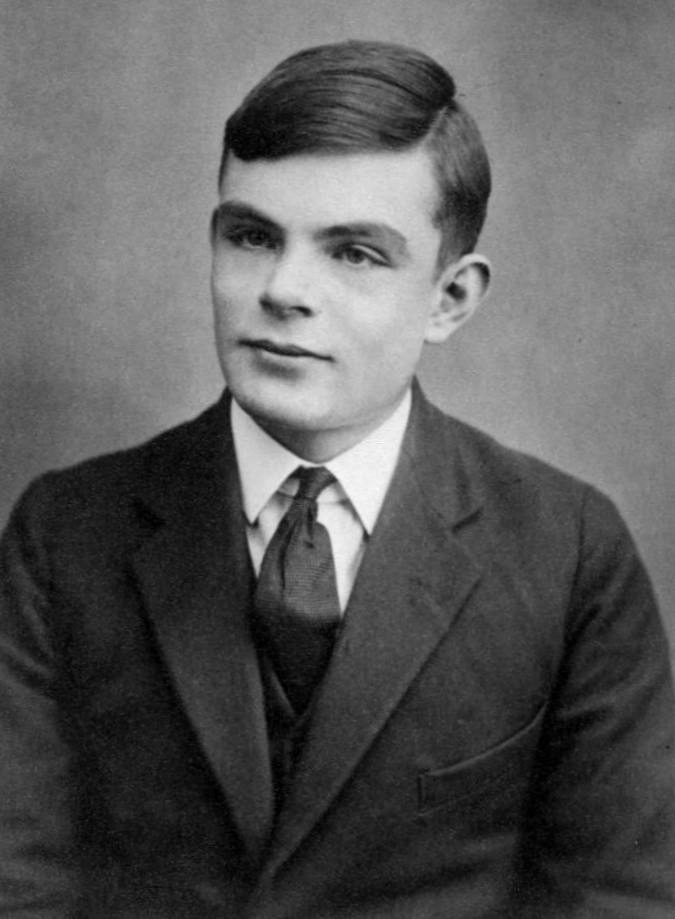
Alan Turing
As an innovative and powerful thinker, Alan Turing had major contributions in philosophy, computer science, artificial intelligence, and cognitive science during the 20th Century. One highlight of his career includes his invention of the Enigma Machine. His machine allowed to decode Nazi Germany’s secret communications, playing a pivotal role in the Allies’ victory of World War II.
Following the war, he used this knowledge to design the Automatic Computing Engine, which was one of the first designs for a stored-program computer. Turing’s accomplishments for his vital work in the war and in computers have transformed the modern world and influence the future of technology.
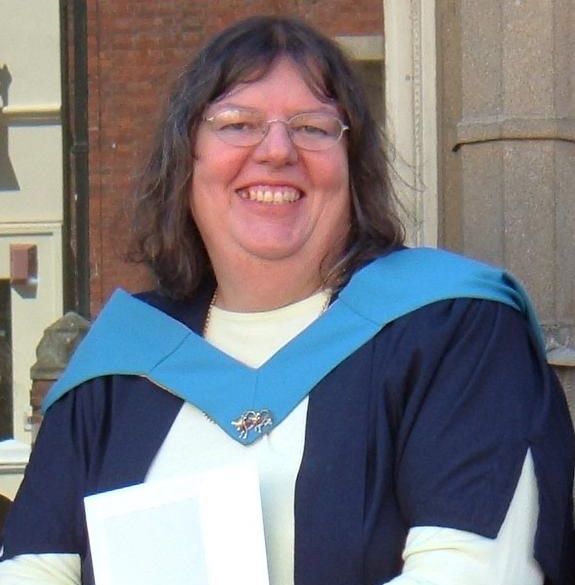
Angela Clayton
Angela Clayton, a physicist and long-time trans rights advocate, is known internationally for her work in various nuclear industry associations related to safety and testing. She’s also held several leadership positions focusing on atomic weapons.
She promoted trans rights in the workplace through her work with the UK Trades Union Congress and was involved in the development of the United Kingdom’s 2004 Gender Recognition Act. She was awarded the title of Member of the Order of the British Empire (MBE) in 2006 for her services to gender issues.
